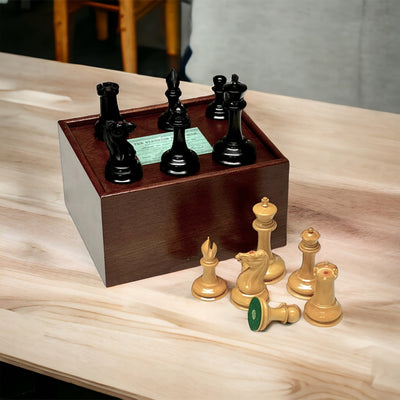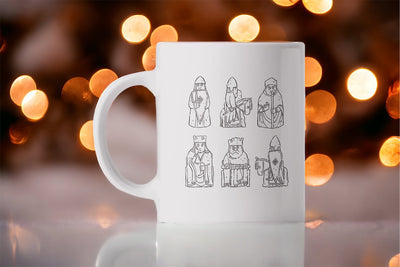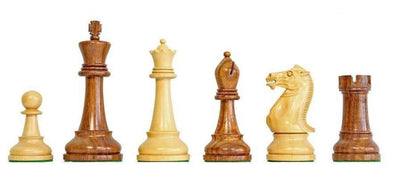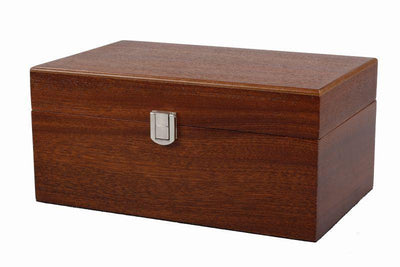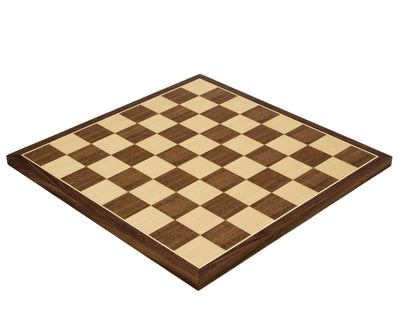Origins and Evolution of Chess: A Historical Journey
The origins and early development of chess are shrouded in mystery, largely due to the lack of specific historical records, the challenge of dating and arranging available information, and uncertainties regarding the accuracy of existing documents. While we cannot definitively pinpoint where and when the first chess games were played, we can explore some of the prominent theories.
Some researchers have suggested that chess may have originated in China as early as the 2nd century B.C. However, concrete written evidence supporting this claim only emerged in the 7th century A.D. Another contender for chess's birthplace is Persia (modern-day Iran), where some believe the game may have its roots. Japan, China, and India have also been mentioned as potential contributors to chess history.

The introduction of chess to Europe can be traced back to the 8th century when the Moors occupied Spain. They brought the game with them, and it's even said that Haroon-al-Rashid, a Persian leader, gifted a chess set to Charlemagne.
In its early days, the rules of chess differed significantly from the modern game, as did the names of the pieces. For example, what we now call the rook was initially represented as an elephant, then an elephant carrying a tower on its back. The rook eventually replaced the complex elephant figure, mainly due to the ease of craftsmanship.
A noteworthy evolution in chess was the transition from playing on uncheckered boards to the iconic checkered boards we recognize today. This innovation, introduced by Europeans, not only enhanced the aesthetics of the game but also improved gameplay accuracy.
By the 11th century, chess had earned the moniker "the king's game" because it was often associated with nobility. The first international chess tournament was hosted in London in 1851, solidifying the city's status as a chess hub.
Over the years, chess gained popularity, leading to a proliferation of tournaments worldwide. In 1976, there were approximately 100 chess contests, while by 1990, the number had surged to over 1000 similar events.
Today, chess is accessible to anyone eager to learn. With a wide range of chess materials available to suit various budgets, even those with limited means can acquire a chess set and savor the timeless appeal of the game. Additionally, the advent of technology has given rise to chess computers, offering enthusiasts a digital platform to hone their skills and play at any time.


